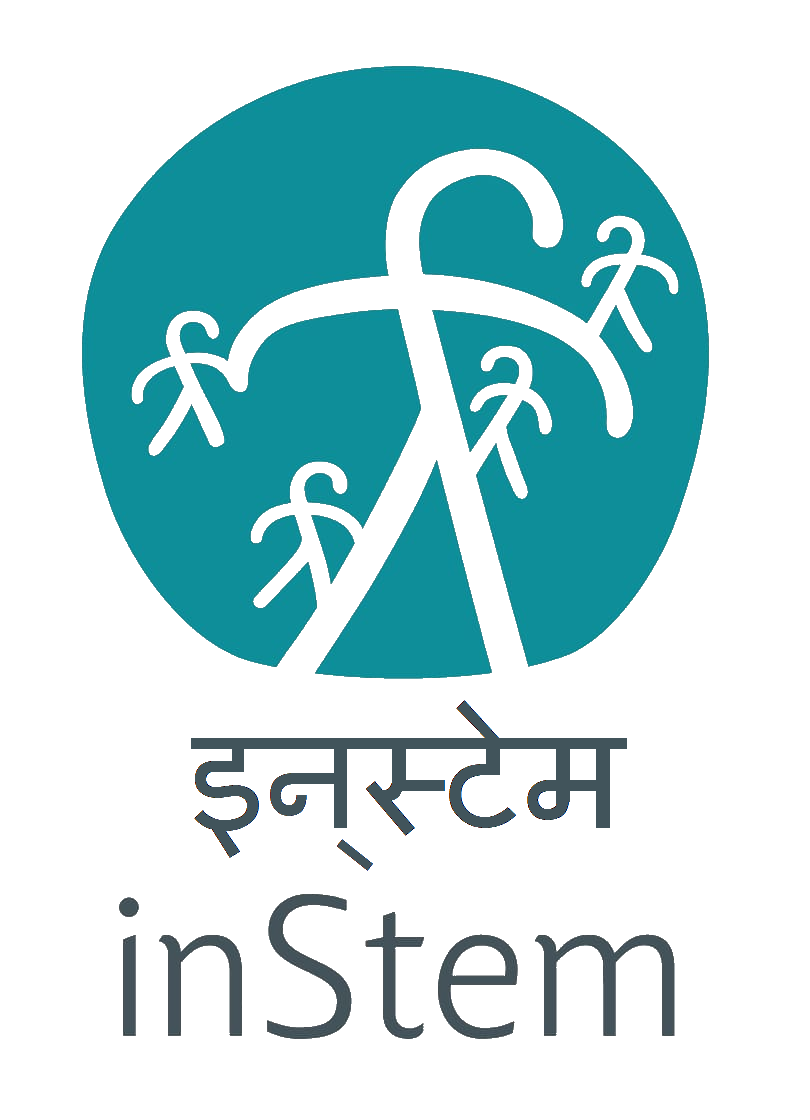Global Collaboration : Stanford University
inStem’s CB&D group is focused on inherited cardiomyopathies to better understand cardiovascular disease. Our international collaboration is led by Jim Spudich (Stanford University, NCBS & inStem) and includes Norio Nakatsuji (iCeMS, Kyoto), Kouichi Hasegawa (iCeMS and inStem), R. Sowdhamini (NCBS), Maneesha Inamdar (JNCASR and inStem) and K. VijayRaghavan (NCBS).
Our primary interest is to understand how changing a single amino-acid residue in a sarcomeric protein (myosin, actin, tropomyosin or the troponins) causes dilated or hypertrophic cardiomyopathy. Focusing on alpha-tropomyosin, our initial approach is to detect functional changes using binding and fluorescence assays, in vitro motility assays, laser trapping, and single-cell contractility assays. These contractility assays require the production of cardiomyocytes, the source can be from patient induced pluripotential stem cells (iPSC) or from genetically-modified embryonic stem cells (ESC).
Since a single amino-acid change is sufficient to cause disease and human and mouse sarcomeric proteins tend to have multiple differences between them, we are humanising the mouse cardiac sarcomere to develop better animal models. Our goal is to group the mutants mechanistically in as an initial step in developing small molecule treatments.
Our team also studies cytoskeletal remodeling during hypertrophy and developmental aspects of cardiac disease.
This work is funded by the Shanta Wadhwani Centre for Cardiac and Neural Research and by inStem intramural funds.


